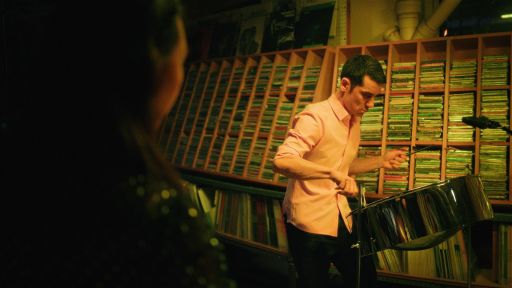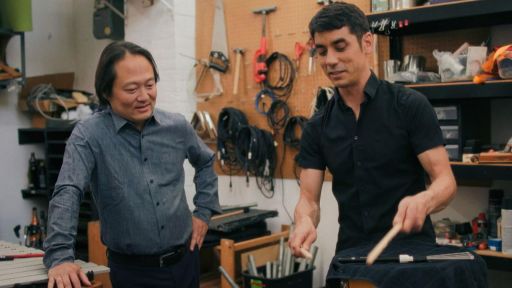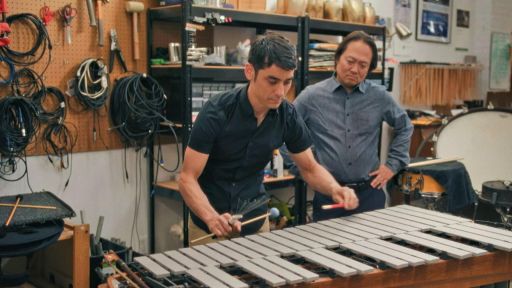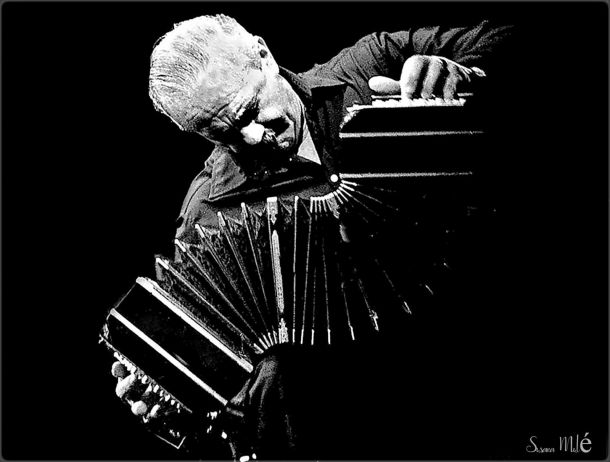
Photo by Susana Mulé via Flickr.
Astor Piazzolla
Born in Argentina, Piazzolla grew up in New York City and became fluent in Spanish, English, French and Italian. He also started playing the bandoneon, becoming so skilled he was known as a child prodigy. Later returning to Argentina, he formed the “Octeto Buenos Aires” to play tangos and introduced a new approach to the genre.
This “nuevo tango” differed from traditional tango due to its incorporation of elements of jazz, extended harmonies and dissonance, and more. Piazzolla also introduced new instruments that were not used in the traditional tango, including the flute, saxophone, electric guitar, electronic instruments and a full jazz/rock drum kit.
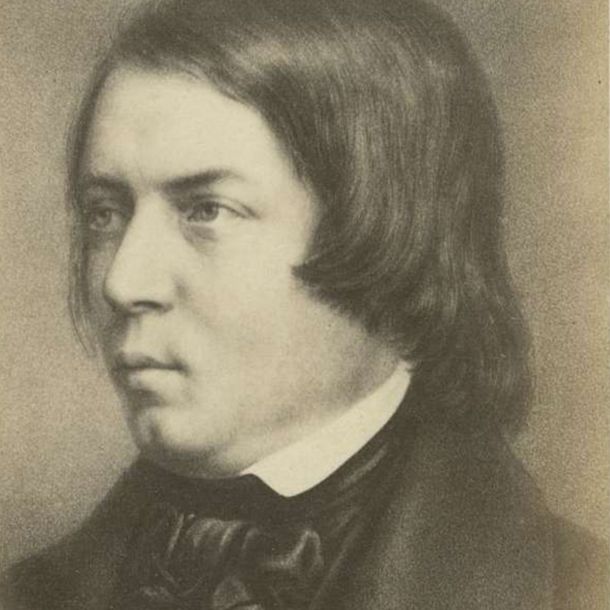
Photo via Wikimedia Commons.
Robert Schumann
Affected by what was likely bipolar disorder, Robert Schumann was extremely musically productive during his manic periods. After studying with Frederick Wieck, Schumann married his daughter, Clara Wieck, an accomplished pianist, which Wieck opposed. Under stress, Schumann first experienced depression yet composed nearly 140 songs in 1840, most of them before August, when the marriage permission suit he and Clara had filed against her father was decided in their favor.
The following year, elated over his victory, Schumann turned to the orchestra and created two symphonies: No. 1 in B-flat and No. 4 in D minor, as well as Overture, Scherzo and Finale, and a Fantasie in A minor for piano and orchestra. However, as the 1840s continued, phobias and depression affected Schumann and left him incapacitated.
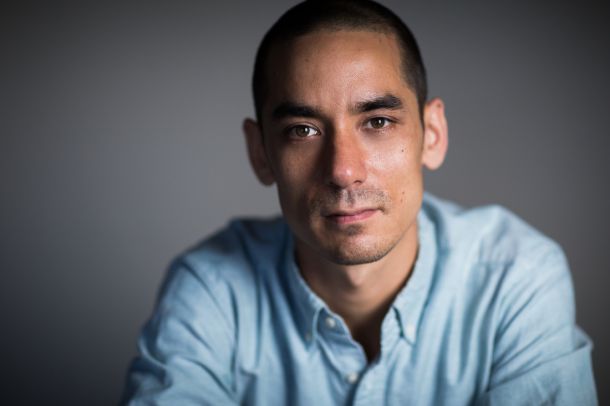
Photo by Da Ping Luo.
Andy Akiho
The physicality of playing that Akiho experiences as a steel pannist is an embedded aspect of his musical practice and naturally extends itself into his compositional output. For Akiho, music-making is closely linked to shared human experience from inception to performance. Akiho’s compositional trajectory has been an untraditional one, having spent most of his 20s playing steel pan by ear in Trinidad and began composing at 28, and these social roots laid the foundation for his current practice.
Born in Columbia, SC, Akiho is currently based in Portland, OR and New York City.
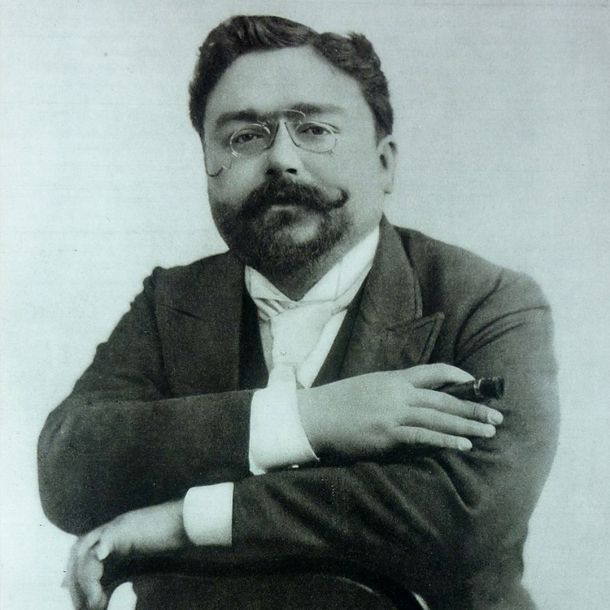
Photo via Wikimedia Commons.
Isaac Albéniz
Becoming a Spanish musical prodigy by age eight, Albéniz toured throughout Spain after leaving the Brussels Conservatory and managed a Spanish operetta company. Developing the belief that Spanish composers should write music rooted in Spanish culture, he composed concert etudes, concertos, dances, and instrumental music influenced by Spanish folk songs and dances.
Marrying one of his pupils, Rosita Jordanna, and having three children, he moved his family to France due to a kidney disorder and began composing his masterpiece, Iberia: 12 piano pieces in four books. He died two months after completing the work, but his legacy went on to influence other composers such as Debussy and Ravel.

